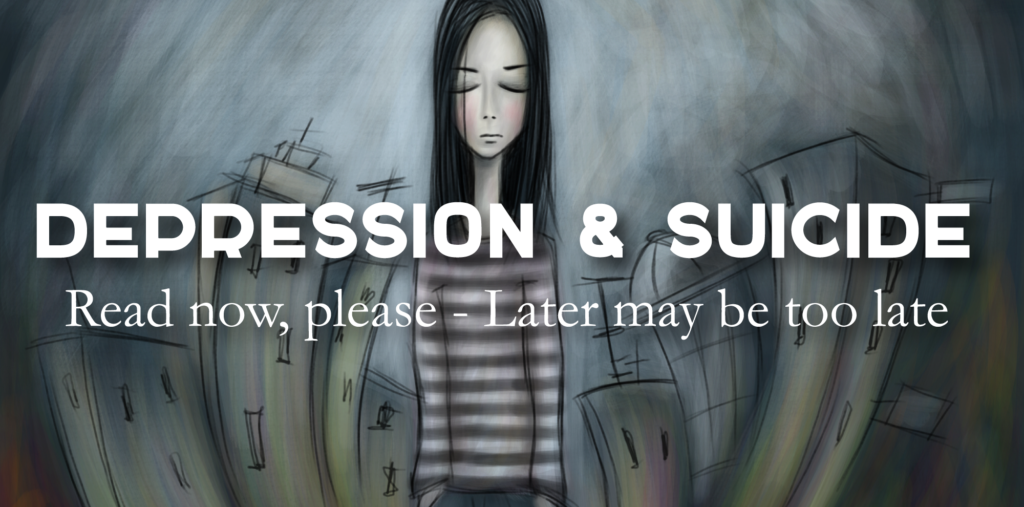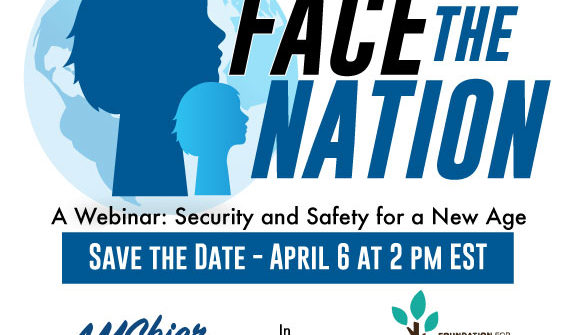 SCOOP: WHO IS RESPONSIBLE FOR EMPLOYEE’S PERSONAL PROPERTY AT CAMP?
SCOOP: WHO IS RESPONSIBLE FOR EMPLOYEE’S PERSONAL PROPERTY AT CAMP?
Alan Cooper, Esquire, AMSkier General Counsel, Claims Director
Originally Published on SKI-Way, Dec 7, 2012
The place where personal property and camp meet can be challenging for directors and staff to navigate. From musical instruments to cooking equipment to electronics, directors and their senior employees bring many valuable personal items to camp with them. After all, directors and many senior staff often have their own private living quarters which they want to make as homey as possible. But who is responsible when a personal item is damaged?
The answer is deceptively simple: the person who owns the damaged item is responsible. In the event of a claim for loss of personal property that is not owned by the camp, insurance covers that item only if the person making the claim has their own home insurance. Usually, 10 percent of the insured limit for the home is extended to cover personal property when away from home, including time at camp.
However, there is a better solution. A Tenant’s Insurance policy provides coverage for personal property when you are away from home. These policies take very little time and money to set up, and AMSkier provides them.
Further, we also recommend that you add a line to your senior staff employment agreements that addresses the issue of personal property. For example:
“I understand that insurance for my personal property while at Camp
are my responsibility and that either I have insurance under my Home policy,
or I will purchase insurance to cover me during my time at Camp.”
If you have any questions, our staff is always available to chat. We can provide information on Tenant’s Insurance for you to share with your staff, and we can also help you word a clause about personal property in your employee agreement. Don’t hesitate to call.
Was This Helpful? Get More Content Like This!
Join Our Public Broad & Bright List Below
AMSkier Camp clients already receive these articles and much more.



 By AMSkier Partners, Norman Friedman, M. Ed & Cathi Fischer, LCSW
By AMSkier Partners, Norman Friedman, M. Ed & Cathi Fischer, LCSW












